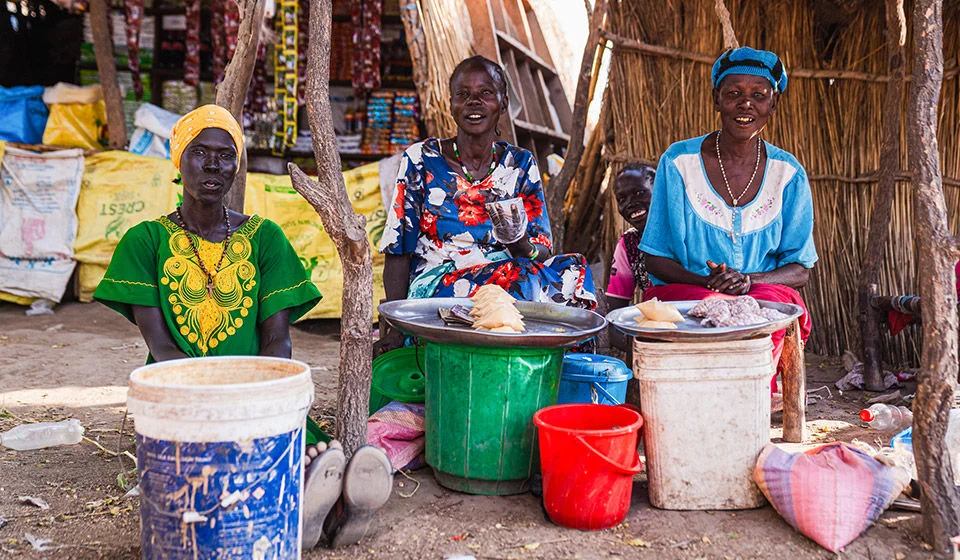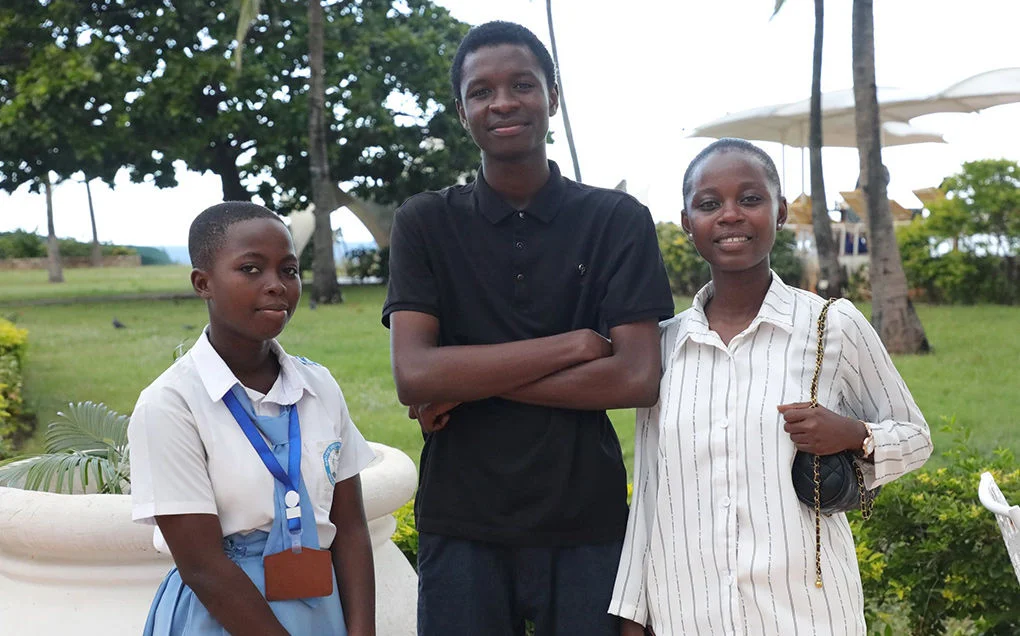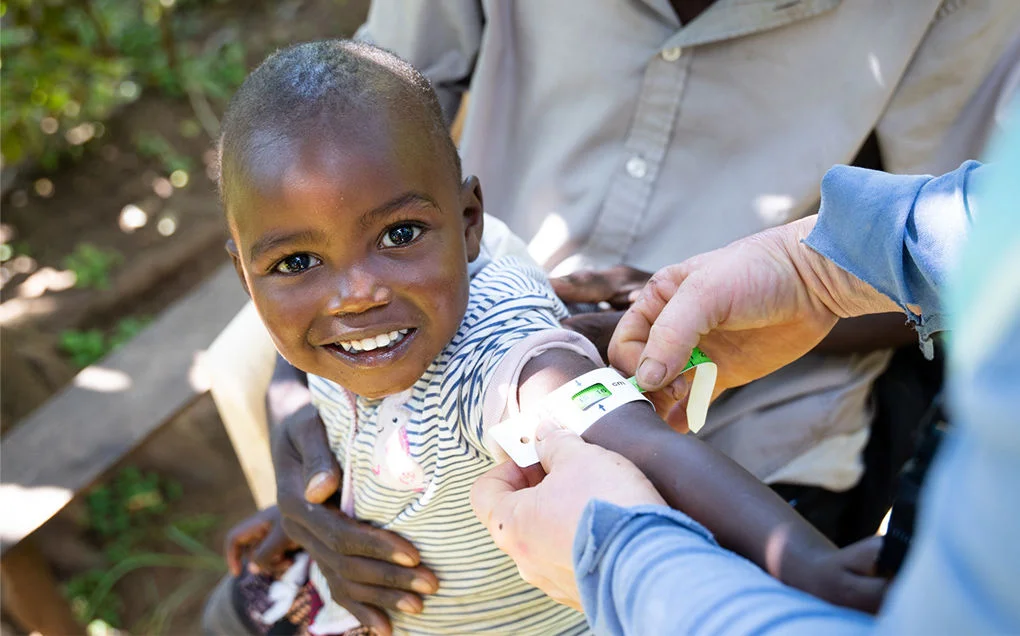Program details
Fortifying Equality and Economic Diversification for Resilience (FEED II), implemented by a consortium of World Vision, CARE and War Child, is a women's empowerment initiative that uses a food security and livelihoods platform across seven states in South Sudan.
Aligned with the Canadian Feminist International Assistance Policy, along with South Sudan's Comprehensive Agricultural Master Plan, FEED II is the sister project of the UN World Food Programme's Food for Assets.
The ultimate goal of FEED II is to reduce inequalities between women and men in access to and control over resources to enhance food security in South Sudan.
FEED II is built upon three resilience-strengthening pillars:
- In the first pillar, the project will improve the absorptive resilience capacities of women and girls in managing threats to food security through improved equitable nutrition practices, and equitable improvement in knowledge and skills among participants to manage natural and conflict-related shocks.
- The second pillar will improve the adaptive resilience capacities by using female-friendly agricultural and business practices that promote sustained income generation and sustainable livelihood practices, with a focus on women and female/male youth.
- The final pillar will nurture transformative resilience capacities through improved, equal and safer environments for women's participation in leadership, including increasing knowledge and improving attitudes and behaviors to prevent and respond to SGBV.
The project aims to reach 284,828 women, men, female and male youth, girls and boys over five years.
Areas of focus:
Crisis Response
Planned lifecycle:
2020 - 2025
Target Population:
223,889 people
Budget:
$39 million
Funding partner:
Global Affairs Canada
Context
South Sudan remains one of the hardest places in the world to be a woman. Pervasive attitudes about the inferior status of women perpetuated by harmful social norms, disproportionate distribution of productive and reproductive labour, high levels of illiteracy, limited access to technical training and sexual and gender-based violence are just a few of the barriers that women must overcome to enjoy equality in their homes, farms, markets and communities.
In addition, South Sudan is at the tipping point of crisis, with key drivers of food insecurity including conflict, consecutive shocks, severe constraints to humanitarian access, compounded by economic slowdown further induced by COVID-19 restrictions.
At the heart of the food insecurity crisis are women, who provide the majority of labour to produce staples and vegetables and who sell produce in markets but struggle to control how the profits are spent. Despite the contribution that women make to food security and other livelihoods, very few women feel empowered or safe enough to take on leadership in the sector.
Results
2023
Child Protection and Participation
- 42,466 children and adults were trained on child protection, including positive parenting, children's rights and early marriage.
Livelihoods
- 34,230 people are participating in activities that generate income.
- 17,957 people were trained in agriculture and livestock techniques including food production, livestock handling, climate-smart techniques and post-harvest storage methods.
- 10,544 people were trained in business and entrepreneurial skills, including financial literacy and income-generating activities.
- 9,997 people were actively involved in savings groups, providing them with financial literacy training and access to small loans.
- 1,300 community members, including children, were trained in disaster risk reduction strategies.
- 409 savings groups were active, allowing members to gain financial skills, save money collectively and access small loans.
- 11 producer groups were operational, with members working together to create or sell products.
Health
- 33,645 people participated in trainings, counseling or activities that teach healthy nutrition and feeding practices.
Education
- 5,290 people have undertaken vocational or technical training education.
Partners





